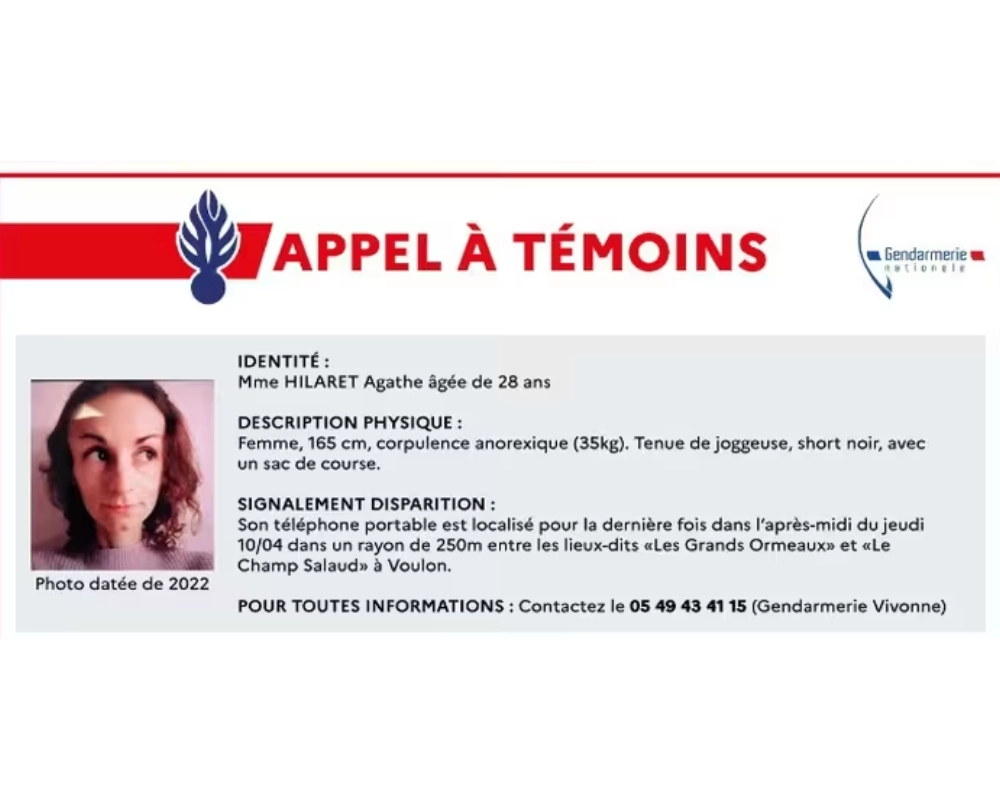This strike is in addition to the one scheduled for November 21, launched to denounce “the abolition of Fret SNCF”, “the privatization of TER, Transilien and Intercités services”, as well as “the fragmentation of SNCF Réseau” due to the opening up to competition.
SNCF unions launch unlimited strike from December 11 against privatization and dismantling of Fret SNCF
All SNCF unions – CGT-Cheminots, Unsa-Ferroviaire, Sud-Rail and CFDT-Cheminots – are calling for an unlimited strike from Wednesday December 11 to protest against the dismantling of the Fret SNCF branch and, more broadly, against the progressive privatization of the company. In a joint statement published on Saturday November 9, the unions call for a moratorium to halt the dismantling process, which they see as a major blow to rail transport in the midst of the climate crisis.
Faced with the lack of response from SNCF management, the unions have decided to call a strike that can be renewed for periods of 24 hours, starting at 7:00 pm on December 11. In parallel, a first strike is scheduled from Wednesday November 20 at 7:00 pm to Friday November 22 at 8:00 am.
“We’re breaking freight in the midst of a climate crisis”.
For Fabien Villedieu, Sud Rail delegate, SNCF privatization is quietly gathering pace. “We’re witnessing a gradual privatization, with activities being transferred piecemeal to subsidiaries and private companies,” he explains, denouncing a process that is taking place in the shadows and in stages, a far cry from the wholesale privatization seen in England in 1994.
The demand for a moratorium on freight
The unions insist on the urgent need for a moratorium to protect and relaunch Fret SNCF. “A moratorium is both possible and necessary,” they say, pointing out that the imminent restructuring will divide the company into two new entities, Hexafret for freight transport and Technis for maintenance.
Fears of “fragmentation” of the rail network
In their press release, the unions worry about the “fragmentation and balkanization of the network” as a result of the opening up to competition. From mid-December, some SNCF Voyageurs staff will be integrated into subsidiaries created to respond to calls for tender from regions opening up their networks. This strategy, they denounce, risks fragmenting working conditions, creating “internal social dumping” within the group and a splintering of social rules as SNCF transforms itself into a network of small and medium-sized railway companies.





